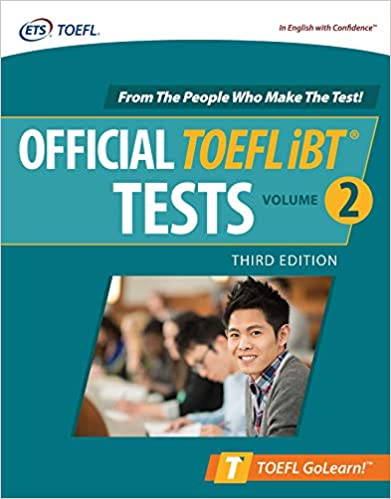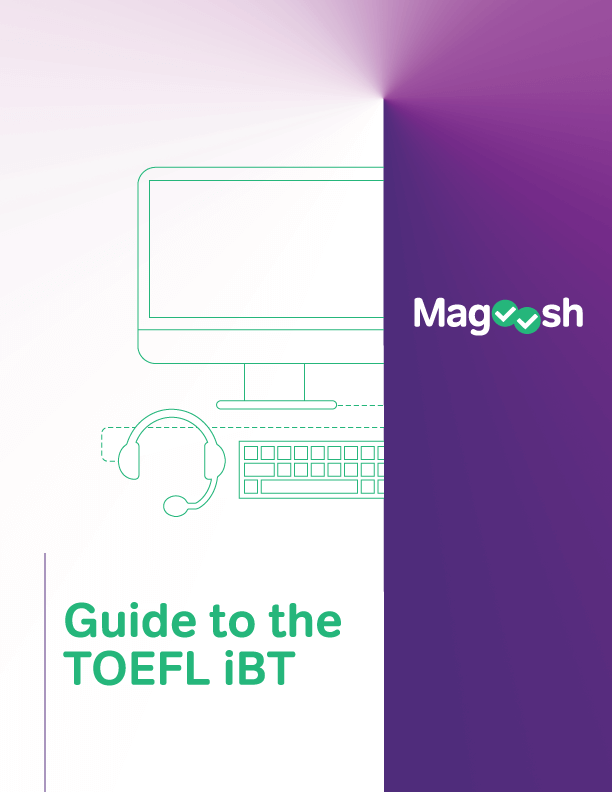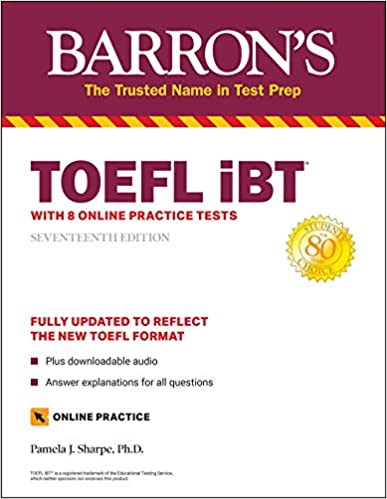One of the best sources of TOEFL practice tests is the book Official TOEFL iBT Tests, by ETS, the company that makes the TOEFL. Although it’s not perfect—a book can never be exactly like the actual IBT, which is internet-based—it has the most practice of the highest quality questions for a low price.
In this post, I’m going to take words from the first reading passage in that book. You know these words are TOEFL-level vocabulary because they were on an official test. The specific text I’m taking these questions from is about the numbers of two types of deer in a specific area of the U.S.; animal populations and behavior are a common TOEFL topic. But in my sample sentences below, I’ll give sentences from other topics, unrelated to deer populations, so you can see how these words might work in other texts, lectures, or conversations. You can get 600 more words like the four below, along with definitions and example sentences, from our free TOEFL flashcards app.
(to be) Prevalent
Basically, “prevalent” just means “common.” We use it to describe things that we see in many places. You might, for example, say that bicycles are prevalent in many major cities. When you walk down the street, you will probably see a bicycle, because there are so many of them in that area.
We usually use “prevalent” to describe things that are common or numerous in a specific place and time—something that could change or has changed.
TOEFL example: European Christmas markets, prevalent today across a number of countries, developed from the less festive tradition of seasonal markets, which occurred regularly at specific times of the year.
(to) Fluctuate
Consider a measurement of something that can change. The temperature, for example, or your weight. It’s possible that they might increase or decrease. But if they fluctuate, they do both: they decrease, then increase, then decrease, then increase again. Or maybe they increase first—it doesn’t matter.
The point is that something which fluctuates changes in size, number, or measurement many times. It goes up and down, again and again.
TOEFL example: Consumer demand for any particular product will inevitably fluctuate; the job of the seller is to understand the patterns behind those fluctuations and improve their business accordingly.
(to) Bode
This is an interesting word because it almost always comes paired with either the word “well” or the word “ill.” Clearly, “bode well” is good, and “bode ill” is bad. To “bode poorly” is also possible. But the word is most commonly used with “well.”
“To bode” refers to how a fact of the present can give a hint about the future. Nobody knows the future, of course, but sometimes, we can look at the situation now and learn some important information. Then, based on that information, we can predict what might happen in the future.
Let’s imagine I’ve just started taking an art class. I want to learn how to paint well. But during my first class, I had a lot of trouble mixing colors, and I couldn’t create any of the colors I wanted. Before I even started painting, I had trouble. That first experience didn’t bode well. I will probably have more trouble in the future.
TOEFL example: Although airships were relatively common in the early 1900s, a series of high-profile crashes boded poorly for their continued success.
(to) Yield
This word has more than one definition, and they’re not closely related.
The first definition is to let somebody else take control or go first. You might see the word “yield” on a road sign, for example, similar to a stop sign. However, if the sign says “yield” it only means that you should let cars on the other road go first—you only have to stop if somebody is coming.
Similarly, if my girlfriend wants to go out to eat at a restaurant, and I want to eat at home, but I eventually agree to go out, then I am yielding to her desires. I allow her plans to be more important.
But the second definition is very different: it means “produce,” in a way. If you are a farmer, then your farm yields food every year. Or if you are looking for gold on the street, your search probably won’t yield anything.
TOEFL example: I spent hours at the library looking for sources to write my paper on, but it yielded absolutely nothing.





